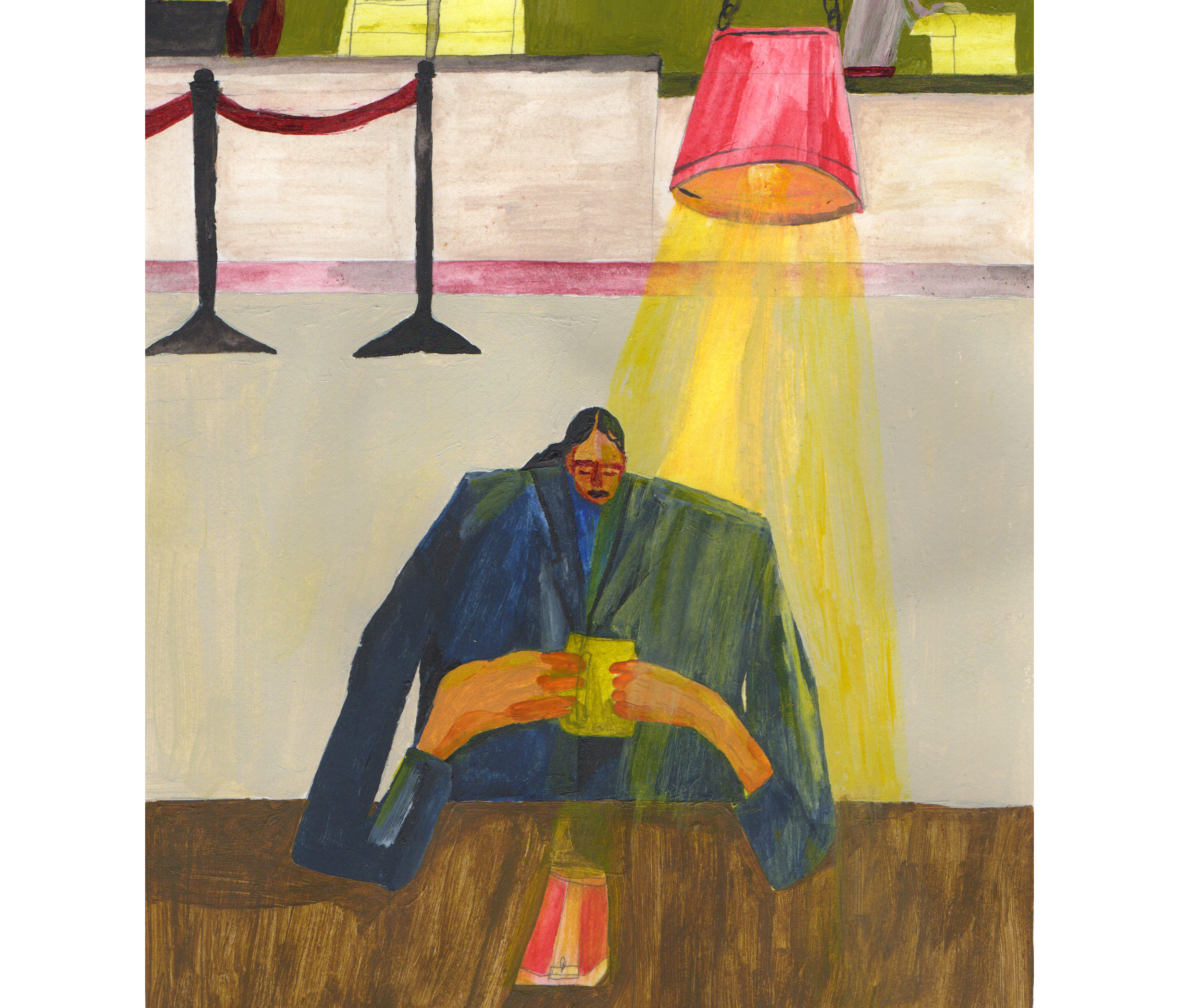
On Thursday last week, Labour’s Shadow Women and Equalities Minister, Sarah Champion wrote in The Sun newspaper: “Britain has a problem with British Pakistani men raping and exploiting white girls. There. I said it.” Champion, MP for Rotherham, wrote that it was “predominantly Pakistani men” who were involved in child grooming cases “time and time and time again”.
Champion’s comments follow the recent discovery of a child grooming ring in Newcastle in which girls were given drugs and exploited for sex. 17 men and one woman were found guilty of nearly a hundred offences including rape and human trafficking, and many of the offenders were of South Asian descent.
Trevor Phillips, the former chairman of the Equality and Human Rights Commission (EHRC) also commented last week: “What the perpetrators have in common is their proclaimed faith. They are Muslims, and many of them would claim to be practising.” Phillips’ remark wilfully misunderstands the gendered power dynamic of child sex abuse. As with all forms of violence perpetrated against women and girls, the overwhelming majority of perpetrators are, simply, men.
Phillips argued that, “It is not Islamophobic to point this out, any more than it would be racist to point out that the most active persecutors of LGBT people come from countries where most people are, like me, black.” Phillips argument makes reference to anti-gay laws in many African countries, but overlooks the key fact that the vast majority of this legislation is founded in imperial legal instruments implemented by white British colonisers.
Much of the mainstream media coverage of the story has compared the Newcastle case to the 2010 Rotherham child exploitation network which was comprised of mostly British Pakistani men. In both cases, incidents happened over a number of years (from 2011-2014 in Newcastle, and from the 1980s-2010s in Rotherham), prompting widespread outrage that the exploitation rings had managed to continue undetected by police and other statutory bodies for so long.
A 2015 report into the Rotherham case commissioned by the Secretary of State for Communities and Local Government concluded that Rotherham Council was “not fit for purpose” due to a history of covering up information and keeping a tight lid on whistleblowers. Whilst the Rotherham and Newcastle cases have understandably raised questions about how the police and state are currently tackling child sex crimes, Champion’s comments are nothing short of dangerous and inaccurate.
A 2011 report from the Child Exploitation and Online Protection Centre examined 2379 individuals who were reported as being possible offenders in relation to street grooming and child sexual exploitation. Whilst data collection on “ethnicity” was often conflated with “nationality,” where data existed it revealed that 30% of potential offenders were white, and Asian men accounted for 28% – a marked difference from the scaremongering comments raised in Champion’s article.
Last week Amber Rudd, the Home Secretary admitted: “Those responsible are not restricted to any single ethnic group, religion or community.” However, Rudd also said that: “It is an affront to everyone in our society and I want to be absolutely clear that political and cultural sensitivities must never be allowed to get in the way of preventing and uncovering it.” Despite being more measured in her language, Rudd is essentially making the same point as Champion. “Cultural sensitivities” is simply a more ambiguous word for race.
Naz Shah, the Labour MP for Bradford West, put it perfectly when she remarked that Champion was making “blanket, racialised, loaded statements” that would set up stigmatised Pakistani boys to “fail,” as state institutions would pre-judge them as potential predators. Setting a harmful precedent or stereotype is exactly the opposite of what the Shadow Equalities Minister should be doing. Ministers should be showing leadership on breaking down racial stereotypes, especially when the stereotype itself has no relation to the reality of grooming.
The government must not shy away from tackling the complex issue of child sexual exploitation. Rapid technological advances have equipped predators with new ways to target children, and this necessitates a more sophisticated approach to cracking down on abuse. This year, thanks to concerted campaigning by the NSPCC, online grooming was made a criminal offence, and police now have powers to arrest anyone who sends a sexual message to a child.
Investigations into sexual abuse need to be better funded, with more innovation to handle the way that the internet facilitates grooming, and victims supported at all stages of the process, beyond the criminal justice proceedings. Survivors of abuse must also be given a bigger voice in shaping justice solutions to exploitation. The problem of child sexual exploitation will absolutely not be solved through racist political point-scoring, and unfounded and disproportionate targeting of specific groups. This will only serve to alienate communities and shut down dialogue and conversations that must happen in order to prevent child abuse.

Britain’s policing was built on racism. Abolition is unavoidable

How Pakistan’s Khwaja Sira and transgender communities are fearing and fighting for their futures

Their anti-rape performance went viral globally. Now what?





